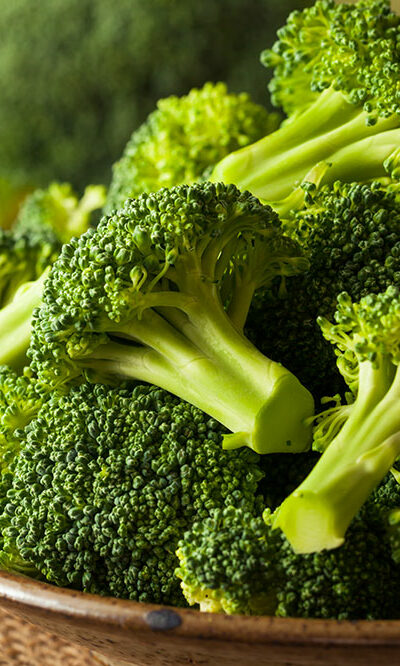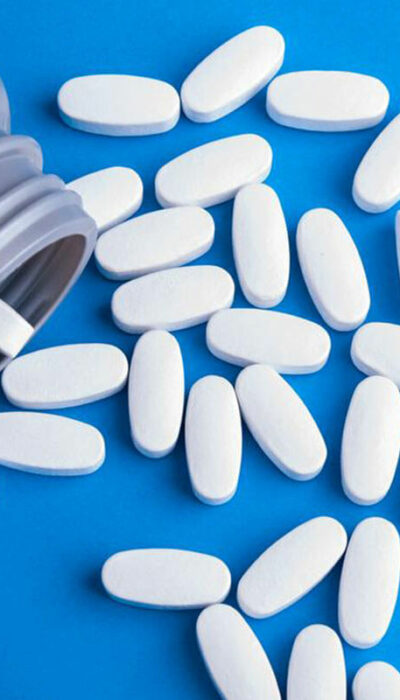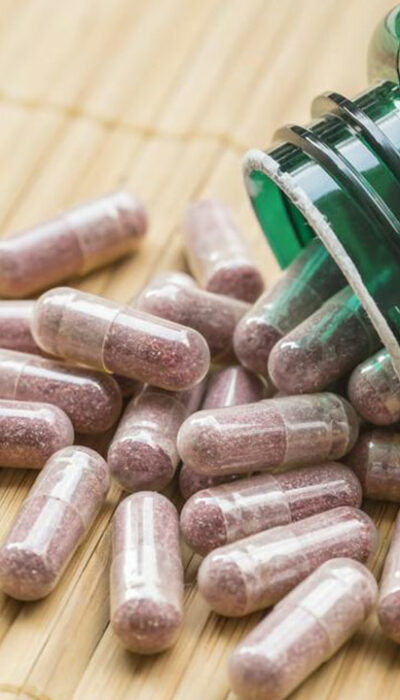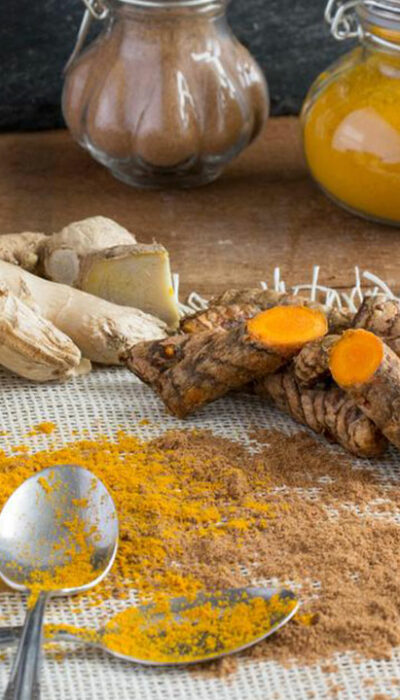
Boost prostate health with these foods
The prostate is a tiny gland in the body responsible for producing seminal fluids. Certain risk factors like old age, genetics, and race can affect the prostate and lead to health problems. These include the unnatural enlargement of the prostate, prostate inflammation, and prostate cancer. Fortunately, consuming certain foods and treatments, such as those listed below, can help control prostate-related issues. Foods to boost prostate health Fish Fish like herring, salmon, and lake trout are loaded with polyunsaturated fats like Omega-3 and Omega-6 fatty acids. They help reduce harmful cholesterol levels and manage high blood pressure, even reducing the chances of a heart attack. These health improvements are highly beneficial for better prostate health. Nuts Pecans, walnuts, and almonds are a few nuts rich in healthy fats. They are also known to significantly improve brain health. Another good source of vital nutrients is Brazil nuts, which are rich in vitamin E, calcium, and selenium. Together, these nutrients are known to lower the chances of developing prostate cancer. Berries Adding berries to your meals can significantly help improve prostate health. Blackberries, raspberries, and strawberries are rich in antioxidants and vitamin C. Antioxidants prevent any cell damage that may be caused by certain molecules, therefore avoiding the risk of cancer. Vitamin C can alleviate the symptoms of benign prostatic hyperplasia (BPH) through urination and reducing any swelling. Watermelon Watermelon is rich in vitamin A and C and is also sodium and fat-free. All these aspects make this an ideal fruit to boost overall well being. The fruit also contains lycopene – an antioxidant known to reduce any potential cancer risk. Medications to improve prostate health Alpha-blockers Prescription medications such as Alfuzosin (Uroxatral), Prazosin (Minipress), Silodosin (Rapaflo), Tamsulosin (Flomax), and Terazosin (Hytrin) can relax the muscles in the bladder and prostate, making it easy to urinate.










